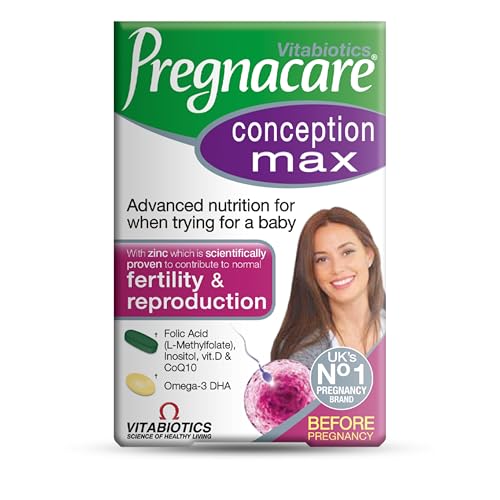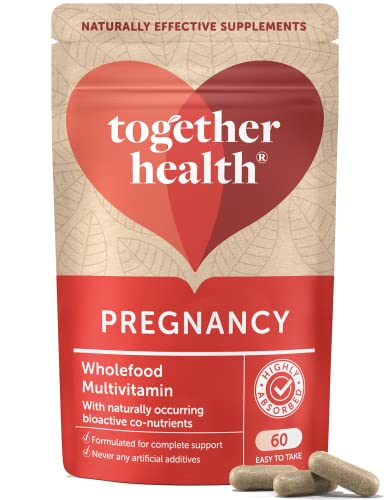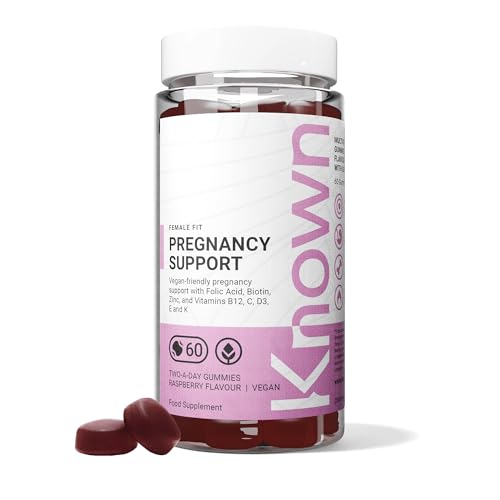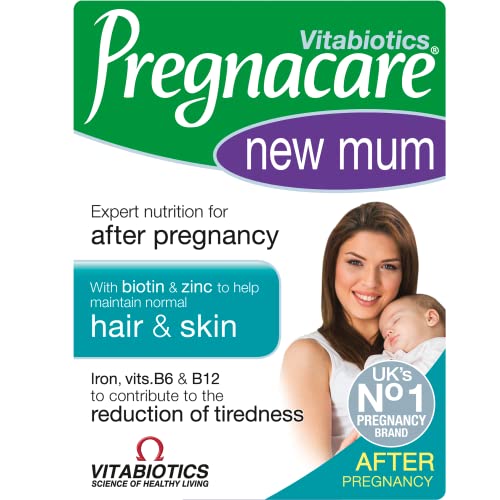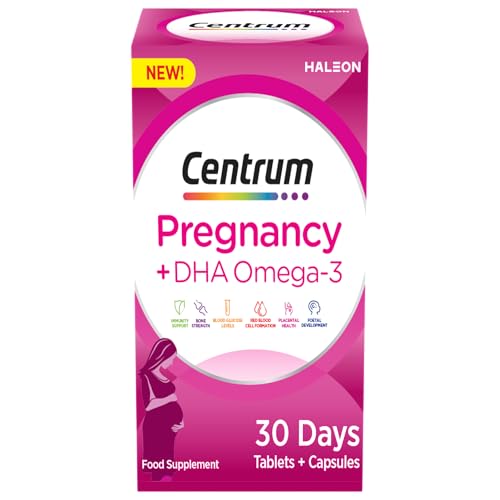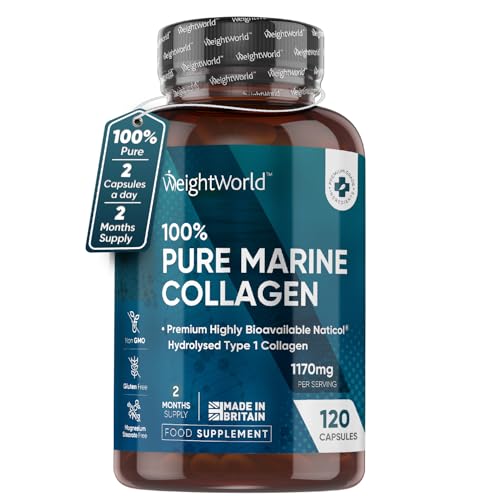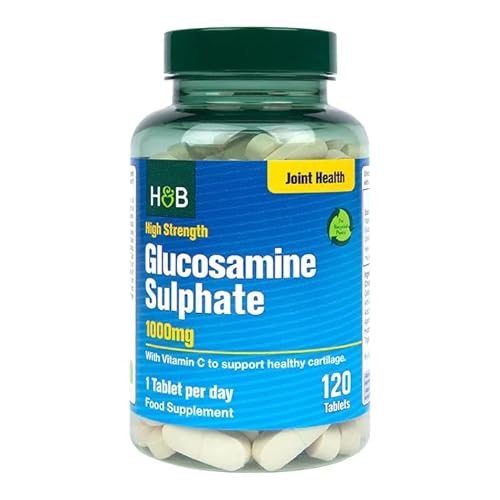What Are Pregnancy Vitamins and Why Do We Need Them?
Understanding Pregnancy Vitamins
Pregnancy vitamins, also known as prenatal vitamins, are specific supplements that support the health of both the expectant mother and the developing baby. Many women find it challenging to get all the essential nutrients they need from diet alone, especially when experiencing morning sickness or cravings. These vitamins are fortified with the important nutrients that promote proper fetal development and help prepare the body for childbirth.
The Importance of Nutritional Support
During pregnancy, the body undergoes numerous changes, and its nutritional needs increase significantly. Essential vitamins and minerals are crucial for the baby’s growth and development, particularly in the first trimester when critical organ systems are formed. Adequate intake of folic acid, iron, calcium, and omega-3 fatty acids can prevent complications and contribute to a healthier pregnancy.
Essential Nutrients in Pregnancy Vitamins: A Clear Breakdown
Folic Acid: A Non-Negotiable Nutrient
Folic acid is perhaps the most well-known nutrient in prenatal vitamins. It plays a vital role in preventing neural tube defects in the developing fetus. Ideally, we should start taking folic acid even before conception and continue throughout the first trimester.
Iron: Boosting Blood Health
As pregnancy progresses, a woman’s blood volume increases significantly. Iron is essential for producing more red blood cells and preventing anaemia. Many prenatal vitamins contain a higher dose of iron to support the increased demand during this period.
Calcium and Vitamin D: Building Strong Bones
Calcium is necessary for the development of the baby’s bones and teeth, while vitamin D aids in calcium absorption. Together, they ensure that your baby gets the minerals needed for a healthy skeletal system. A good prenatal vitamin will include both of these nutrients to support both your needs and those of your growing child.
DHA: Supporting Brain Development
DHA, or docosahexaenoic acid, is an omega-3 fatty acid that is crucial for brain development. Including DHA in your prenatal vitamin ensures that your baby has the necessary support for cognitive function and visual development.
Choosing the Right Pregnancy Vitamin: Our Top Recommendations
What to Look for in a Prenatal Vitamin
When we are searching for the right pregnancy vitamin, it’s important to consider several factors. Look for a vitamin that contains a balance of essential nutrients, especially those mentioned earlier. It should also be free from unnecessary additives, gluten, and artificial colours.
Our Recommended Options
We recommend choosing brands that have a good reputation for quality and efficacy. Look for trusted brands that are transparent about their sourcing and formulation. They should provide clear information on the dosages of each nutrient. Options that include DHA and are designed for sensitive stomachs are also a plus, ensuring comfort during usage.
Timing and Dosage: How to Get the Most from Your Vitamins
When to Start Taking Prenatal Vitamins
We should begin taking prenatal vitamins as soon as we plan to conceive. Continuing through the first trimester is critical, but many women choose to take them throughout pregnancy and even while breastfeeding to support their health and nutrition.
Optimal Dosage for Effectiveness
It’s essential to adhere to the recommended dosages indicated on the label. Overdosing on certain vitamins can lead to adverse effects, while under-dosing may leave us and our baby lacking in vital nutrients. As a general rule, take your vitamins at the same time each day to establish a routine.
Tips for Incorporating Pregnancy Vitamins into Your Daily Routine
Creating a Daily Routine
Incorporating pregnancy vitamins into our daily routine need not be a chore. One effective method is to align taking the vitamins with an existing habit, like brushing our teeth in the morning or winding down for bed. This way, it becomes a seamless part of our day.
Tackling Nausea and Discomfort
If we experience nausea, taking vitamins with food or splitting the dosage between morning and evening meals might help reduce discomfort. Choosing a vitamin form that is gentle on the stomach can also make a big difference in our commitment to a daily routine.
Staying Consistent
Consistency is key. Setting reminders on our phones or using a weekly pill organiser can help ensure that we don’t forget our vitamins, giving us peace of mind that we’re doing our best for our health and our baby.

